At the Kaur Life Virtual Retreat in early August 2020, we had a panel on Holistic Wellness from a Gurmat Perspective. It was a phenomenal conversation about mental health, menstruation, pregnancy, postpartum, menopause, and much more. Panelists included Dr. Sangeeta Kaur – OBGYN, Juspreet Kaur – nutritionist & natural family planning teacher, Rapinder Kaur – registered psychotherapist & art therapist, and navi kaur – healer & doula. Below is an excerpt from the session about menstruation and periods. Be sure to check out their discussion on holistic health.
You can watch the entire panel here.
These Topics Shouldn’t be Taboo
Sangeeta Kaur: It’s interesting that we consider these things as taboo topics not to discuss – breastfeeding, birth, menstruation, menopause….but Gurbani directly addresses these physical processes as a normal part of life. What I find inspiring about certain shabads is that how freely the Gurus talked about these subjects. Like this shabad revealed to Guru Nanak Sahib (Ang 472):
ਜਿਉ ਜੋਰੂ ਸਿਰਨਾਵਣੀ ਆਵੈ ਵਾਰੋ ਵਾਰ ॥ ਜੂਠੇ ਜੂਠਾ ਮੁਖਿ ਵਸੈ ਨਿਤ ਨਿਤ ਹੋਇ ਖੁਆਰੁ ॥
Jiau joroo siranaavanee aavai vaaro vaar. JooThe jooThaa mukh vasai nit nit hoi khuaar.
As a woman has her periods, month after month, so does falsehood dwell in the mouth of the false; they suffer forever, again and again.
Tú quieres ver como impureza la menstruación de la mujer que viene mes con mes, con toda regularidad, pero ve la impureza en los labios de la persona que tiene impureza.
That’s not a shabad about menstruation, but it is using the example of this event happening in a woman’s life – coming every month – as an analogy or a metaphor for other things.
Just like Gurbani uses analogies of the love of a mother for her son, or the analogy of ਤੂੰ ਮੇਰਾ ਪਿਤਾ ਤੂੰਹੈ ਮੇਰਾ ਮਾਤਾ ॥ “Waheguru you are my father, you are my mother” … Guru Sahib uses these relationship analogies very casually. Gurbani references the menstrual cycle as a routine thing that happens just like a child taking milk from their mother as routine, or a child being in the womb. There’s a shabad that uses the word uterus – “garab” means uterus, for all intents and purposes.
Gurbani freely talks about these words without any stigma. So, I think we have permission to speak of these. Why do we think we don’t have that sovereignty and permission to talk about these things? It’s interesting because the Guru did. They used these things as analogies to make experiences personal.
Menstruation, Periods, & Bodily Functions
navi kaur: What are the stories that you’ve heard about your periods growing up? What were you taught, if anything, by your parents or guardians? I think there’s specific stigmas that exist. I’d love to hear you all talk about that.
One story that really sticks out for me is that my mother was never taught anything about her period. She was actually at school in Punjab when she started to bleed. Her mother had never talked to her about anything, and she was horrified. Her teacher had to talk to her about it and then sent her home. So, that was the extent of my mother’s knowledge about her own body when she was growing up. I’d love to hear, have y’all had similar experiences, different experiences? What has that been like growing up for you and your community?
Juspreet Kaur: So, I learned about periods in school in the most awkward way. It was just the worst. I still remember it. I was about 10 or 11 years old. The curriculum had a small bit about periods and menstruation, and it was so bad. I still remember to this day, the teacher just had a period pad, opened it and showed us saying, “You’re going to start bleeding for the first time.” It didn’t really teach me anything. The first time I actually had a period I remember I thought I was incontinent. I was like, “What’s going on?” For days and days. I didn’t tell anyone, ‘cause I didn’t actually understand the process of what menstruation was.
So, I was 13 years old and confused. Then my sister saw what was going on. She found me in the bathroom and I was just like, “I don’t understand what’s happening to my body.” And she broke it down, not in any deep way that I really understood. I was just thinking, “I’m going to bleed once a month.” It’s only now, in my adult life, and especially as a natural family planning teacher, that I’ve truly understand menstruation. That it’s not just as those days that you bleed, but it’s an entire cycle.
I think we’re just taught in such a narrow way that is really standardized to a particular body that doesn’t really exist. I know maybe two clients in the past six months who have had a textbook 28 day cycles, but it’s not realistic. Yet that’s what you get taught at school.
So yeah, that was my experience. Very, very strange.
My Period Doesn’t Make Me Impure
Rapinder Kaur: From a Sikhi perspective, I think the most problematic thing that I was told was that you can’t do seva of Guru Granth Sahib Ji when you’re on your period. And yet, as Sangeeta Bhenji was saying, the Gurus talk freely about periods and it makes no sense in my mind that we would be denied that seva. I think it’s a deeply embedded cultural way of doing things.
I imagined that there are many people who still believe that but I’m going to sit here and say that I don’t think that’s right. And I don’t think it should be like that. If this is a natural process, then how is it that I suddenly become impure or dirty? If we’re talking about a relationship with the Divine, if we’re talking about love, I don’t understand how my period gets in the way of that. I really don’t.
Sangeeta Kaur: I think these sentiments continue to infiltrate our communities, despite so many efforts to rid ourselves of these ideas. They’re the very same things that the Gurus fought against, like having periods as a sign of impurity or casteism as a sign of impurity. The Guru has defined that true impurity and purity actually is none of those things. It’s about our mind and our soul is trying to connect to the Divine. And I think that’s where we get sovereignty from. That’s where we get the inspiration and that feeling of liberation.
We are accepted by the Guru with all of these physical processes – how we poop, how we pee, how we have a period – these are all just like normal bodily functions that happen for the existence of our physical body. None of it actually defines our ability to connect with the Divine. It’s actually through our bodies that we can connect with our minds and actually even feel even closer to Waheguru.
When we talk about oppressions and looking for justice, what I find fascinating is the idea that we can create our own justice. We should search for this sovereignty and this liberation from within ourselves, because the Guru has given it to us. We don’t have to look for it from others to validate. We don’t have to look at society to tell us that we are pure because we only need to see the Guru’s acceptance. I think the worst oppression is when society tells people that they are impure based on their birth, or their gender, or their sex, or whatever it is, and therefor they don’t’ have the ability to connect with the Divine. That was the worst oppression. When we realize that we have this ability to connect with the Divine, then nothing oppresses us.
Our Bodies are a Celebration of Waheguru
Rapinder Kaur: If we celebrate menstruation, if we celebrate birthing process, if we celebrate all of these bodily functions then in some respects we can be in awe of what our [Waheguru created] bodies do, and we’re not even aware of what they’re doing. Like what happens when we’re sleeping or digesting food; I’m not having to do anything or think about it.
Sangeeta Kaur: You hit a chord with me because I love hiking. I love going out and seeing nature. I love seeing ਕੁਦਰਤਿ (kudharat – nature) and seeing the creative power of Waheguru in front of me and its awe inspiring. And yet in our very selves, our very bodies are ਕੁਦਰਤਿ (kudharat – nature). It’s amazing. Whether it’s a whole new life developing within you or whether it’s your heart beating without you telling it to. The entire physical process that is happening is so fascinating. It’s so inspiring, you truly live in ਵਿਸਮਾਦੁ (vismad – awe or wonder) when thinking about it. There is no human made creation that can even come close to Waheguru’s creation – it’s truly amazing.
Take Aways
- Read Gurbani
- Challenge misogynistic practices within our Panth
- Learn about your body
- Speak openly about women’s health
- Celebrate what your body can do as a creation by Waheguru
Watch the Entire Panel
Guest Speakers
Jaspreet Kaur
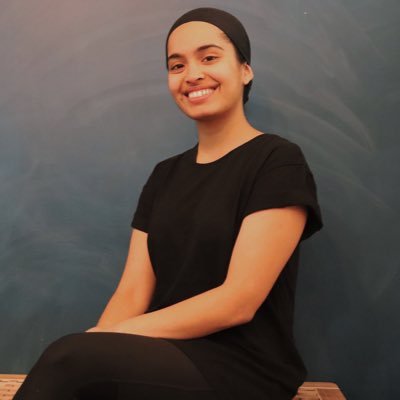
Juspreet Kaur (she/her) is a holistic nutritionist and Natural Family Planning teacher. She has facilitated workshops across the U.K. on well-being for non-white women, menstruation, fertility, and DIY skin care products (as radical self care). Her debut EBook “Deeper Than Beauty” showcases her go-to DIY skin care recipes, along with stripped-back tips on how to care for your skin in an affordable way.
Website: www.kaurhealth.co.uk | Twitter: @KaurHealth | Instagram: @KaurHealth
navkiran “navi” kaur
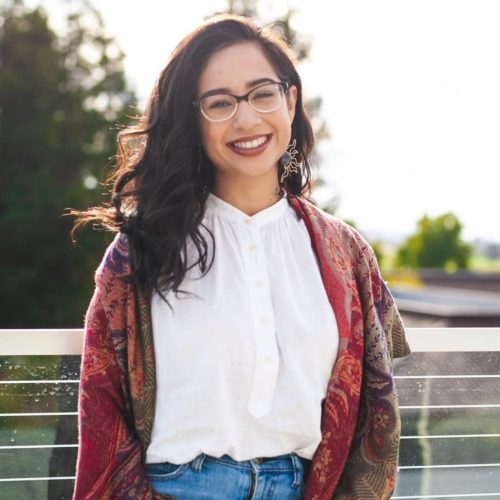
navkiran “navi” kaur (she/they) is an abolitionist, healer, artist, astrologer, and self-proclaimed nerd. Currently, they work full time at Code2040 as a program associate where they have the honor to work with Black and Latinx computer science students and empowers them with the tools & knowledge for racial equity organizing. Before COVID-19, navi managed and participated in providing doula services for pregnant incarcerated folks. navi has a b.a. in Black studies from UC Santa Barbara and their long term goals include providing first response mental health care, life coaching, and nurturing a farm with loved ones. In their free time, navi enjoys making things with their hands, taking care of their cat & plants, re-reading Harry Potter for the millionth time, and eating.
Website: www.nvknkr.com | Twitter: @nvknkr | Instagram: @nvknkr
Rapinder Kaur
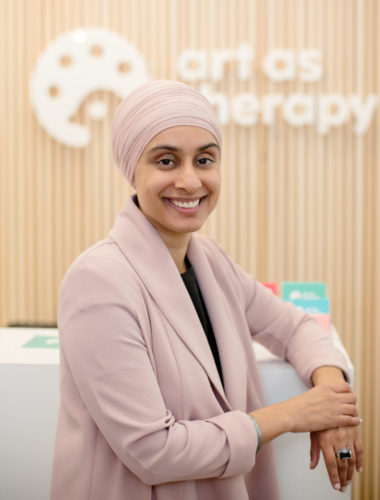
Rapinder Kaur (she/her) is a Registered Psychotherapist, Art Therapist, public speaker, facilitator, clinical supervisor, board member, and founder of Art as Therapy, a community based therapy practice. She has worked with children, teens, adults and parents for 23 years and is passionate about supporting her clients to tap into their innate creativity, believing they have what it takes to manage and overcome even the most difficult of life’s challenges. She also supports organizations with system change work by offering diversity, equity and cultural humility workshops and training.
Website: www.artastherapy.ca/| Twitter: @art_as_therapy | Instagram: @rapinderkaur5
Sangeeta Kaur
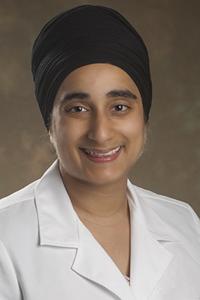
Sangeeta Kaur (she/her) has been a Sikh educator for over 20 years through various Sikh camps and retreats. She began teaching at summer camps as a teenager and through the years has expanded her involvement to include strategic planning and organization of various Sikh youth education events. Sangeeta went to college at Rensselaer Polytechnic Institute where she majored in biology and had a concentration in philosophy. She then went on to medical school at Albany Medical College. Doing her residency training in obstetrics and gynecology, she had a focus on under-served communities. She is currently an associate professor at Oakland University-William Beaumont School of Medicine, is the Section Chief for the generalist OB/GYN division and practices at Beaumont Health-Royal Oak.
Website: www.sikhyouthalliance.org| Twitter: @kurbaani | Instagram: @rkaursangeeta

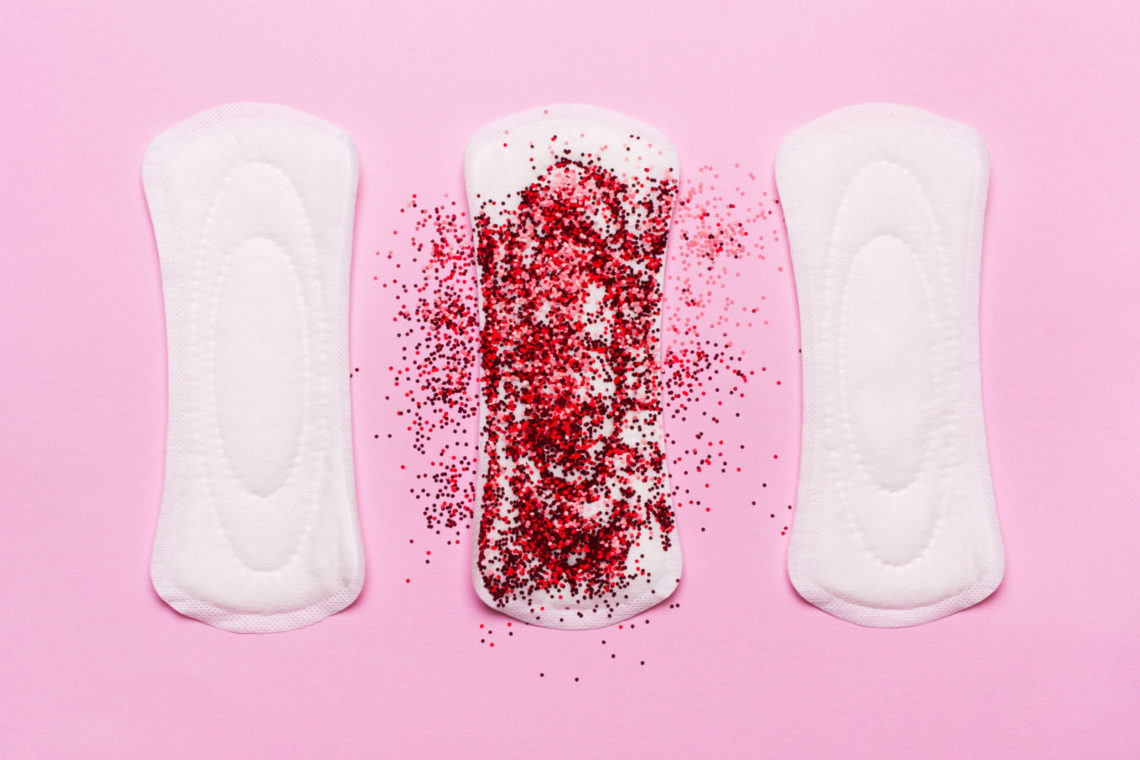
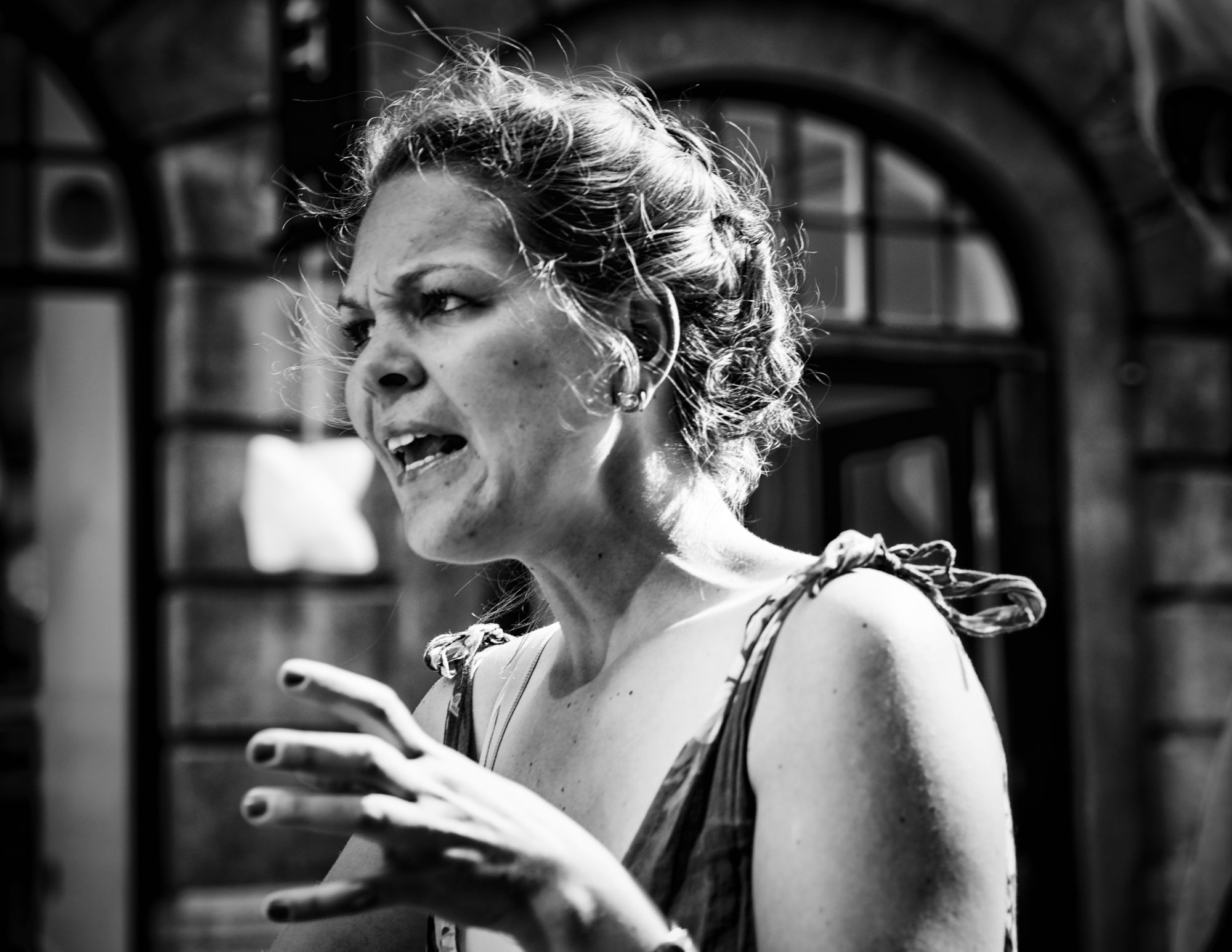
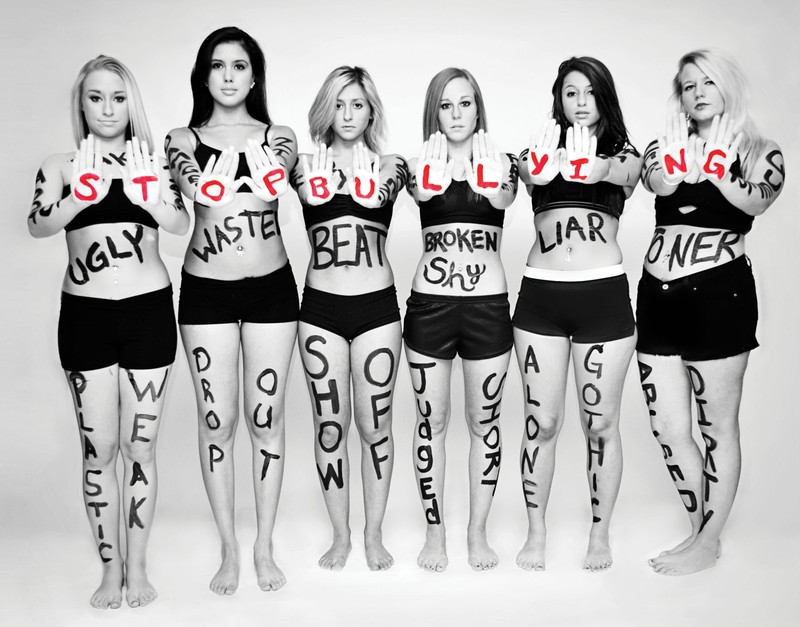
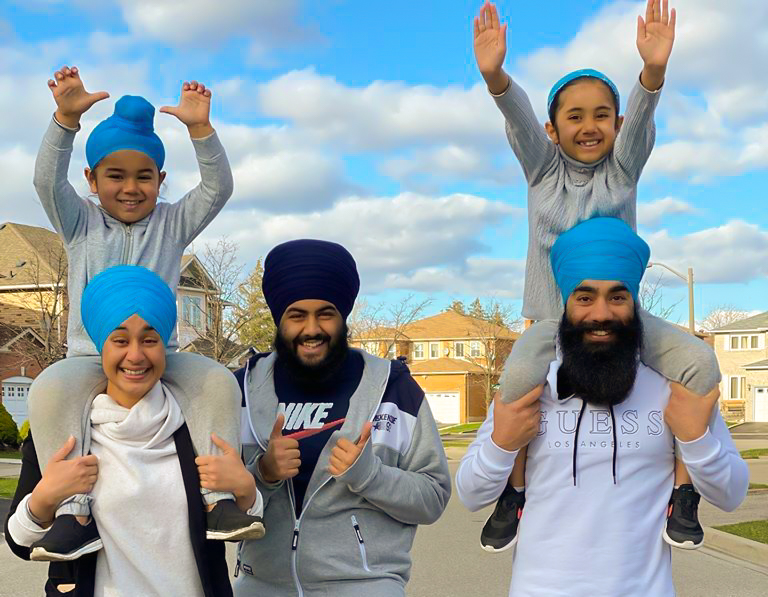
No Comments